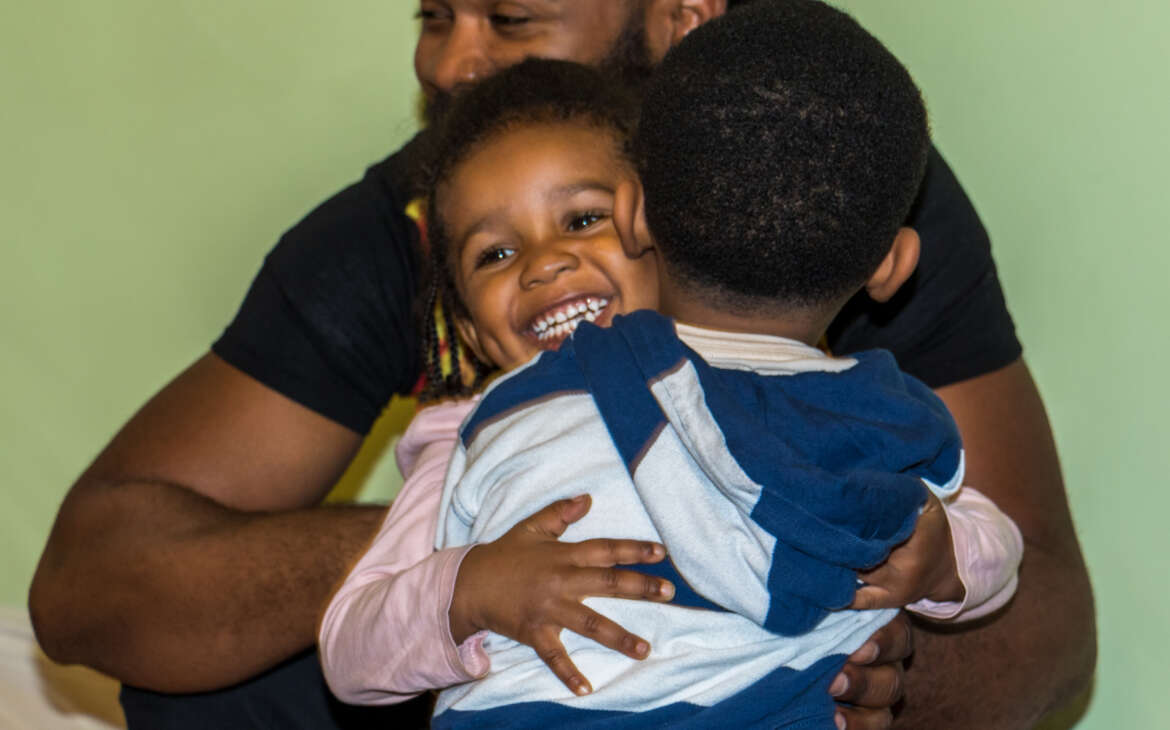In Ghana today, over 140,000 children live without parental care, with approximately 4,500 residing in orphanages across the country. These children face challenges that extend far beyond the absence of biological parents educational disruption, psychological trauma, limited access to resources, and often, a profound sense of disconnection from community.
At our foundation, we recognize that supporting orphaned children requires more than meeting their basic physical needs. Our comprehensive approach addresses the whole child: their academic journey, emotional wellbeing, social development, and future prospects.
We believe that while we cannot replace what these children have lost, we can help create something equally powerful a community that functions as family, providing both roots and wings for children who deserve nothing less than the opportunity to thrive.
Our Support Model
Our support initiative operates on the understanding that stability forms the foundation for all child development. We begin with consistent financial support that covers essential needs school fees, uniforms, textbooks, healthcare, and nutritional supplementation. This financial commitment ensures that orphanages can maintain consistent care without the anxiety of resource fluctuation that often disrupts services to children.
Beyond this financial backbone, we implement carefully designed educational integration strategies. Our academic support team works directly with local schools to ease transitions for orphaned children, providing specialized tutoring, learning materials, and regular progress monitoring.
We’ve developed an educational advocacy protocol that ensures orphaned children receive equal attention and opportunity within classroom settings, counteracting the unconscious bias these students sometimes face.
Perhaps most distinctively, our emotional and social support programs address the invisible wounds many orphaned children carry. Through our trauma-informed care training for orphanage staff, we’ve enhanced the capacity of caregivers to respond appropriately to behaviors stemming from loss and disruption.
Our Circles of Support program pairs children with consistent adult mentors who commit to long-term relationships, providing the emotional continuity these children critically need. Weekly arts-based therapy sessions offer children non-verbal means of processing complex emotions, while peer support groups help normalize experiences and build solidary among children facing similar circumstances.
Partner Orphanages
Currently, Future Seeds Foundation will be partnering with five orphanages across Ghana’s Eastern, Central, and Northern regions, collectively supporting over 230 children from infancy through late adolescence. Rather than imposing standardized programs, we’ve developed collaborative assessment processes that honor each facility’s unique culture and approach.
At Redemption Children’s Home in Koforidua, this collaboration will yielded a pioneering educational tracking system that has increased school completion rates by 37% in just three years.
The transformative power of these partnerships is perhaps best illustrated through individual stories like that of Abigail, who arrived at one of our partner orphanages at age eight, unable to read and withdrawn from social interaction.
Through our integrated support model, Abigail not only caught up academically but discovered a passion for science. Now sixteen, she mentors younger children and has represented her school in regional science competitions. Her journey exemplifies our belief that with proper support, the challenges of early childhood can become sources of resilience rather than permanent limitation.
Beyond Basic Needs
Our commitment extends well beyond meeting immediate needs to building pathways toward fulfilling adulthood.
Our mentorship program specifically designed for orphaned children pairs young people with professionals from backgrounds similar to their own individuals who have overcome comparable challenges and can provide both inspiration and practical guidance.
These relationships often continue through secondary school and beyond, creating a critical support network as young people transition to independence.
Career development takes concrete form through our skills training programs, career exposure initiatives, and internship placement services.
For older youth, we provide entrepreneurship training coupled with micro-grant opportunities, enabling them to develop income-generating skills before aging out of institutional care.
Our digital literacy program ensures orphaned children develop technological competencies increasingly essential in Ghana’s evolving job market.
Perhaps most significantly, we focus on creating lasting community connections that extend beyond orphanage walls. Our Community Family program matches children with local families who include them in celebrations, weekend activities, and cultural events without the pressure of formal adoption. These relationships often evolve into lifelong connections that provide critical support networks as young people transition to adulthood.
Through community service projects, orphaned youth also develop a sense of agency by contributing meaningfully to the communities that support them, transforming their narrative from recipients of charity to valuable community members.
Challenges and Solutions
We acknowledge the significant challenges in this work limited governmental support for orphanage regulation, stigma that still surrounds orphaned children, and the difficulty of providing individualized attention within institutional settings.
Our response includes advocacy for policy reform, community education campaigns to address stigma, and innovative staffing models that maximize one-on-one interaction through volunteer engagement and cross-generational mentoring programs that bring elderly community members into orphanages as grandparent figures.
To Conclude
Looking ahead, we aim to expand our orphanage partnerships to ten facilities by 2027, reaching at least 500 children annually with comprehensive support. We’re developing specialized programming for children with disabilities within orphanage settings and enhancing our vocational training pathways.
Readers can support this specific initiative by joining our Education Champion program to sponsor a child’s complete educational journey, volunteering specialized skills like tutoring or counseling, or participating in our orphanage facility improvement projects that create physical environments more conducive to healthy child development.

